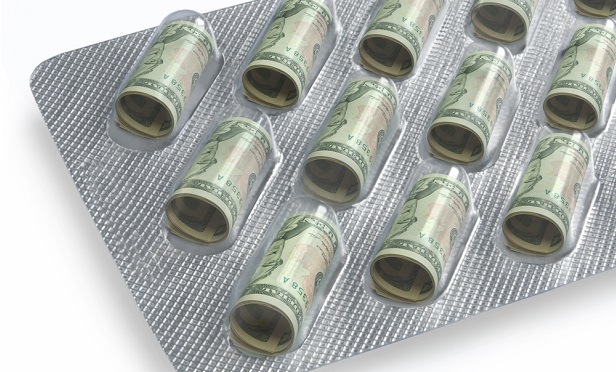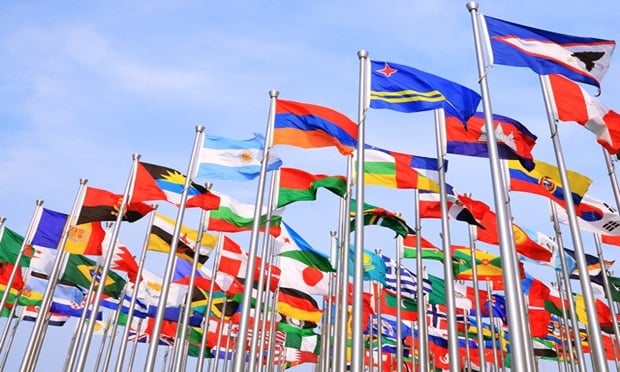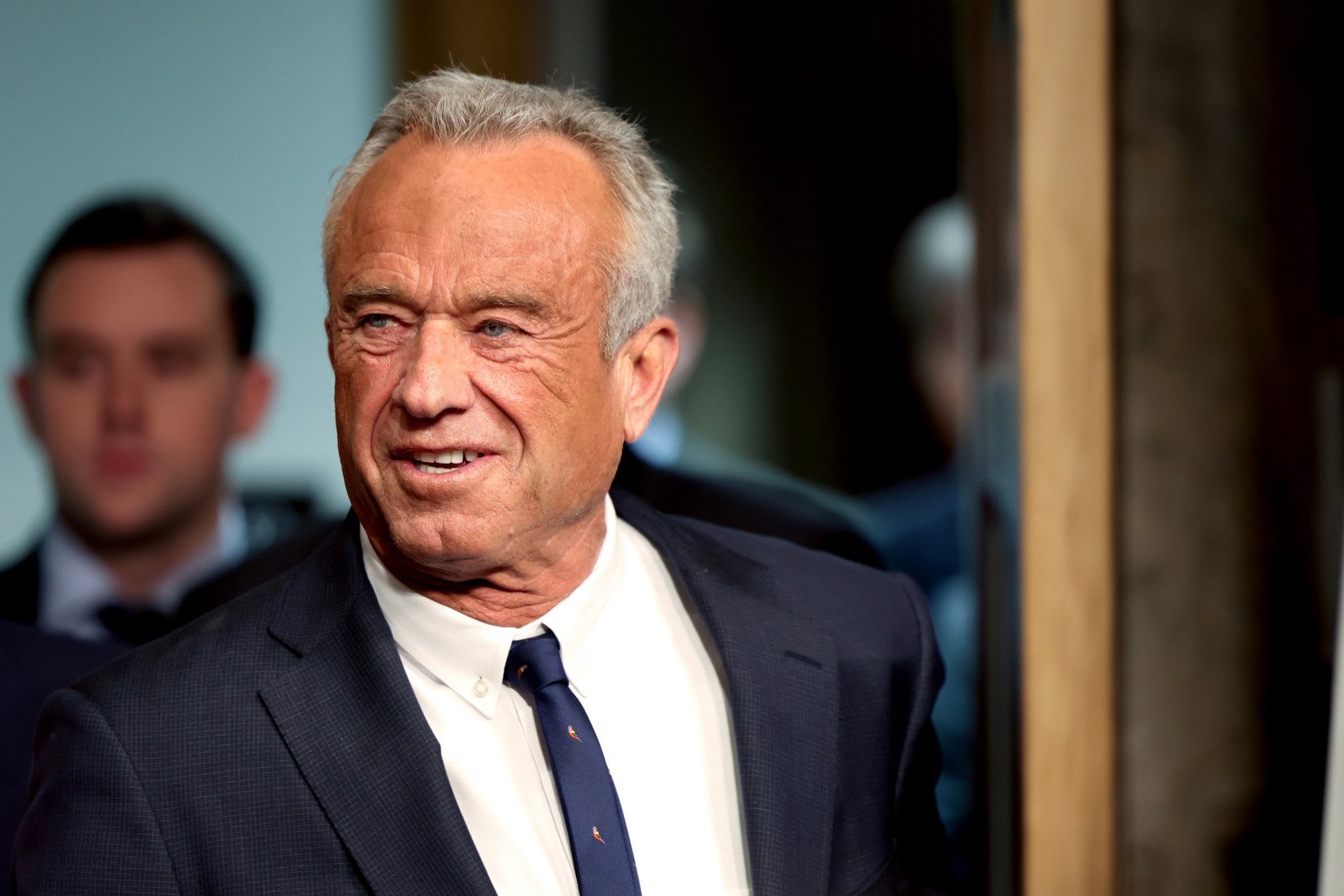 Investigators say that even a small price hike in annual sales over several years adds up to billions of additional cost billed to consumers. (Photo: Shutterstock)
Investigators say that even a small price hike in annual sales over several years adds up to billions of additional cost billed to consumers. (Photo: Shutterstock)
Generic drug makers, once considered the good guy underdogs of the pharmacy industry, may not be as innocent as they purport to be. An antitrust lawsuit that started two years ago and involved just two companies has expanded to include 16 companies and more than 300 generic drugs.
“This is most likely the largest cartel in the history of the United States,” Joseph Nielsen, an assistant attorney general and antitrust investigator in Connecticut who has been a leading force in the probe, said in an interview with The Washington Post, citing the volume of drugs in the schemes and the total number of companies and individuals involved.
Related: Drugmaker 'shenanigans' blamed for lag in generic drug development
Authorities and lawsuits from multiple states allege that this “cartel” made up of many of the country's leading generic-drug companies engaged in price fixing, with their executives using a “shorthand” of insider terms to describe how they conducted business, which they did over steak dinners, cocktail receptions and rounds of golf.
So says the Post, which defined some of the shorthand provided by investigators. The “sandbox,” it says, was defined by investigators as the market for generic prescription drugs, “where everyone was expected to play nice.”
Other common terms were “fair share,” describing how to divvy up sales to make sure that each company continued to profit, while “trashing the market” meant that a competitor ignored these unwritten rules and sold drugs for less than agreed-upon prices.
In addition to these shorthand terms, salespeople for the accused companies were reminded not to put any of their pricing conversations in writing, all part of a plan to keep profits high in “illegal price-fixing schemes of massive proportion.”
The drug companies deny any such thing.
Generics make up 90 percent of prescriptions in the U.S., but only 23 percent of costs, according to the industry trade group Association for Accessible Medicines. Consumers, insured and uninsured, are the ones on the hook—as well as taxpayers, whose taxes go to pay for artificially high prices on drugs under Medicare and Medicaid.
The Post cites one egregious example: the price spike of “a decades-old drug to ease asthma symptoms, albuterol, sold by generic manufacturers Mylan and Sun,” which rose “more than 3,400 percent, from 13 cents a tablet to more than $4.70.” It's just one example cited in a lawsuit that was brought by grocery chains against the generic industry.
“Everyone is paying the price,” Nielsen said, offering “a single word to explain the behavior: 'Greed.'”
Investigators say that even a small price hike in annual sales over several years adds up to billions of additional cost billed to consumers.
The Washington Post names 16 companies caught up in the allegations, including Mylan, Teva and Dr. Reddy's. Mylan has denied wrongdoing, while Teva said in a court filing that “allegations of a price-fixing conspiracy 'are entirely conclusory and devoid of any facts.”
Complete your profile to continue reading and get FREE access to BenefitsPRO, part of your ALM digital membership.
Your access to unlimited BenefitsPRO content isn’t changing.
Once you are an ALM digital member, you’ll receive:
- Breaking benefits news and analysis, on-site and via our newsletters and custom alerts
- Educational webcasts, white papers, and ebooks from industry thought leaders
- Critical converage of the property casualty insurance and financial advisory markets on our other ALM sites, PropertyCasualty360 and ThinkAdvisor
Already have an account? Sign In Now
© 2025 ALM Global, LLC, All Rights Reserved. Request academic re-use from www.copyright.com. All other uses, submit a request to [email protected]. For more information visit Asset & Logo Licensing.








